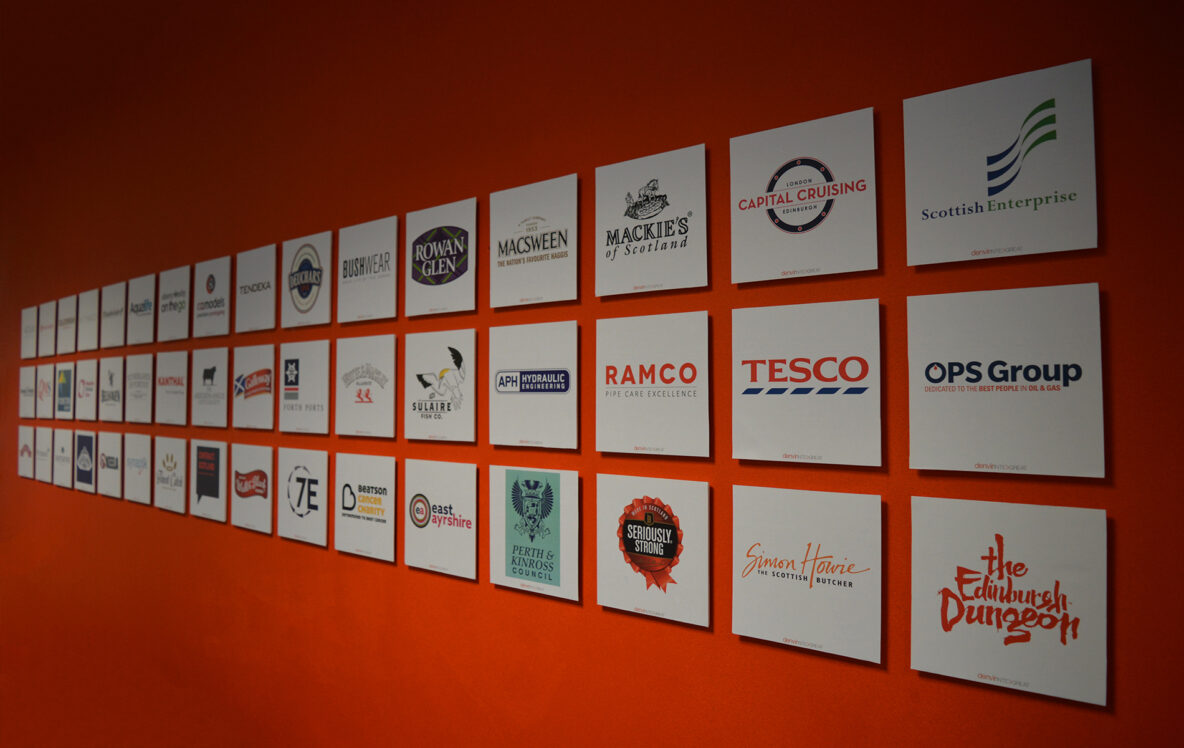With the announcement from the IMF (The International Monetary Fund) of a reduced forecast for economic growth in 2015/16, businesses will be reviewing spend, looking to maximise opportunities and get the best return on investment. We are passionate about marketing and have always strived to create value and deliver commercial success for our clients, which couldn’t be more relevant now.
We think that the key to success is to develop a strategic marketing plan, which not only gives your business focus for the future, but can review and take learnings from past activity influencing how best to adapt as your business grows and changes.
If you are in the process of planning your marketing activity there are a few key things that you can do to give you a clear, effective and efficient marketing strategy.
Planning stage
- Set out business objectives – Identify from the business plan what the key areas of focus are in the first year. This will then give you areas of focus that marketing will support
- Set out the marketing objectives which will directly support the business plan. Be realistic, and keep focus
- Look at your market – where are you currently and where do you want to be? How will marketing support this? Utilise all the data you have available to you.
- Prioritise your prospects based on where the biggest slice of profit will sit (take into account growth of each group)
- Set out guidelines on reactive spend – you should not be reactive unless the opportunities presented fit into your objectives and can be justified
Focus is key to the planning stage. Identify the opportunities which are most commercial, how you make the most of them and how best to achieve them with a budget, and the time you have. This will ensure that you stay on track for the year and do not fall into the trap of reactive spend.
The plan
Once you have set out your objectives, develop marketing strategies for each area. Ensure you have a clear rationale for each strategy and insure you have explored each one based on effectiveness versus budget.
All of your strategies must show a clear commercial rationale – challenge yourself to check its integrity. You will be confident the plan is concise, and will give a return on investment if you can do this.
Take into account when developing the strategies:
-
- Utilise all data available – can you use key metrics to make strong claims to customers and weave these into compelling messaging
- Reducing cost – can you partner with another company or brand on some activity and share costs, linking you to a target audience in line with your own, and each other’s credibility?
- Digital activity is a great source of live time results, flexible budgets and insight into customer activity. Explore where it can add value to traditional methods of marketing too, e.g. any advertising can often be complemented with online packages, that will demonstrate how your advertising is performing
- Time table each stage based on priority and realistic delivery
- Internal marketing should always be included, whether this is keeping your team updated on progress of the plan or allocating tasks and holding workshops. You want every touch point of the business to be on message and this will empower your team to do this
Keep focus on the detail of the activity as achieving your goals will be dependent on the resource and budgets you have. Do not overload the plan in the first year, prioritise actions and then move those that are not urgent into future activity.
Review and analysis
Continual review of marketing activity should be carried out, with a full report at least every month. Do not fear your strategies failing, you must review activity, take learnings and update accordingly. This will give you an on-going, tested and stronger rationale.
Review your activity based on objectives, update accordingly and implement changes to always maximise the opportunity and ultimately find the most efficient and effective methods of delivery.
Our work in 2015
In 2014 we worked with Forster Group to begin development of its strategic marketing plan for launch in 2015. Working with the team at Forster, Denvir developed a marketing plan that would support the business plan, and give focus for the group across its portfolio of businesses. One of the key areas that Denvir provided was setting out a clear, prioritised set of actions in year one for the Forster marketing team to concentrate on.
Already in the first month of 2015, Denvir is working with Forster Group to deliver the plan and have completely removed all reactive marketing activity with a clearer focus for the team to deliver effective strategies that have made a reduction in unplanned spend.
If you want help developing an effective marketing strategy for 2015, then please do get in touch with us here.
